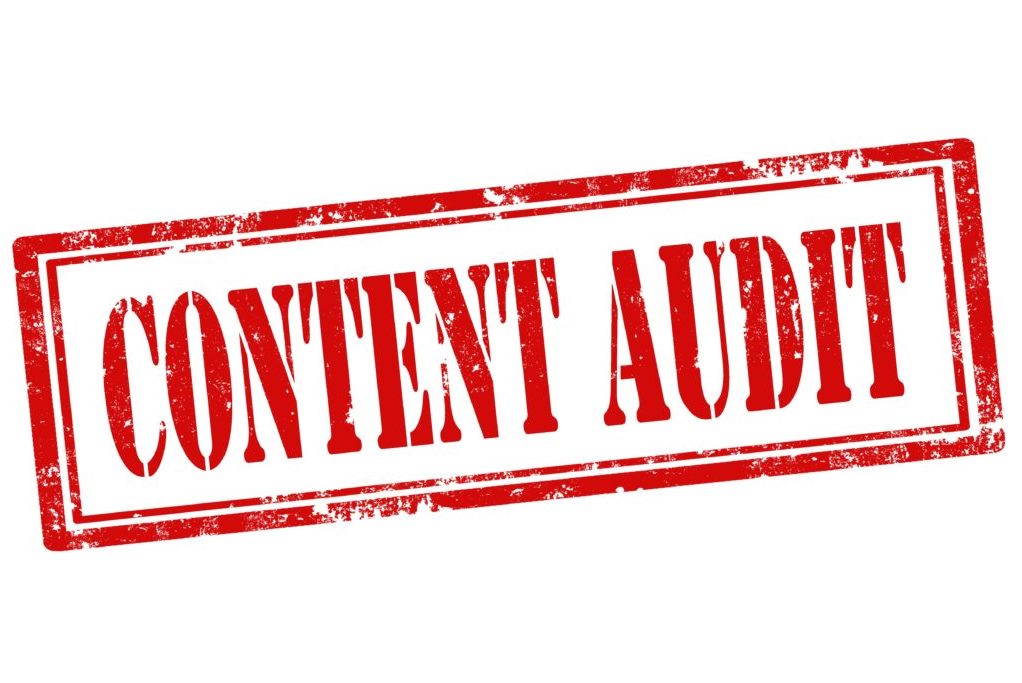I recently nodded my way through an article about ‘digital estate sprawl’ because I’ve definitely seen a lot of it the last few years; especially as the phrase ‘digital transformation’ becomes more and more misunderstood as ‘just make it digital.’ And it’s not just in large organisations where you can see how and why it happens so easily.
Any size company can find itself with a digital footprint that has expanded more … organically than strategically. It’s an issue Imogen Hitchcock at Beaumont addresses in ‘Why websites are like gardens – a new approach to building website content‘ – but applied to an entire digital landscape instead of just one site.

And it’s not only the number of websites that creates the overgrowth. Another factor is the increasing decentralisation of content creation they mention. It’s not that content cannot or should not be decentralised. Sometimes – especially in large organisations – it must be decentralised. But that’s what style guides, central oversight, content strategies & audits are for.
Don’t even START me on the number of social media accounts as single entity can create, abandon, & lose control of. I’ve seen it in non-profits (especially those with a regional/chapter structure) as well as commercial operations (looking at YOU, well-known travel retailer who should have kept a closer eye on what branches were doing with emojis).
Finally, it’s worth noting as we are all thinking more about net zero – it’s not just your content that expands but your digital carbon footprint expands as well as the number and size of sites and accounts multiply. You may not think that matters, but it does start to add up.
Anyway, seeing this article reminded me to remind you – your digital landscape needs to be MANAGED. If it isn’t, you’ll get
- confused customers,
- diluted brand awareness,
- internal comms conflicts,
- unnecessary digital carbon emissions
- and a huge hosting bill.
An audit can help you figure out what you have, if the ‘ownership’ is right, what needs updating or outright removal, what’s working, what’s not – and gives you a foundation for a plan to move forward.
Wanna know more about audits? Need help getting started with yours? Get in touch.

